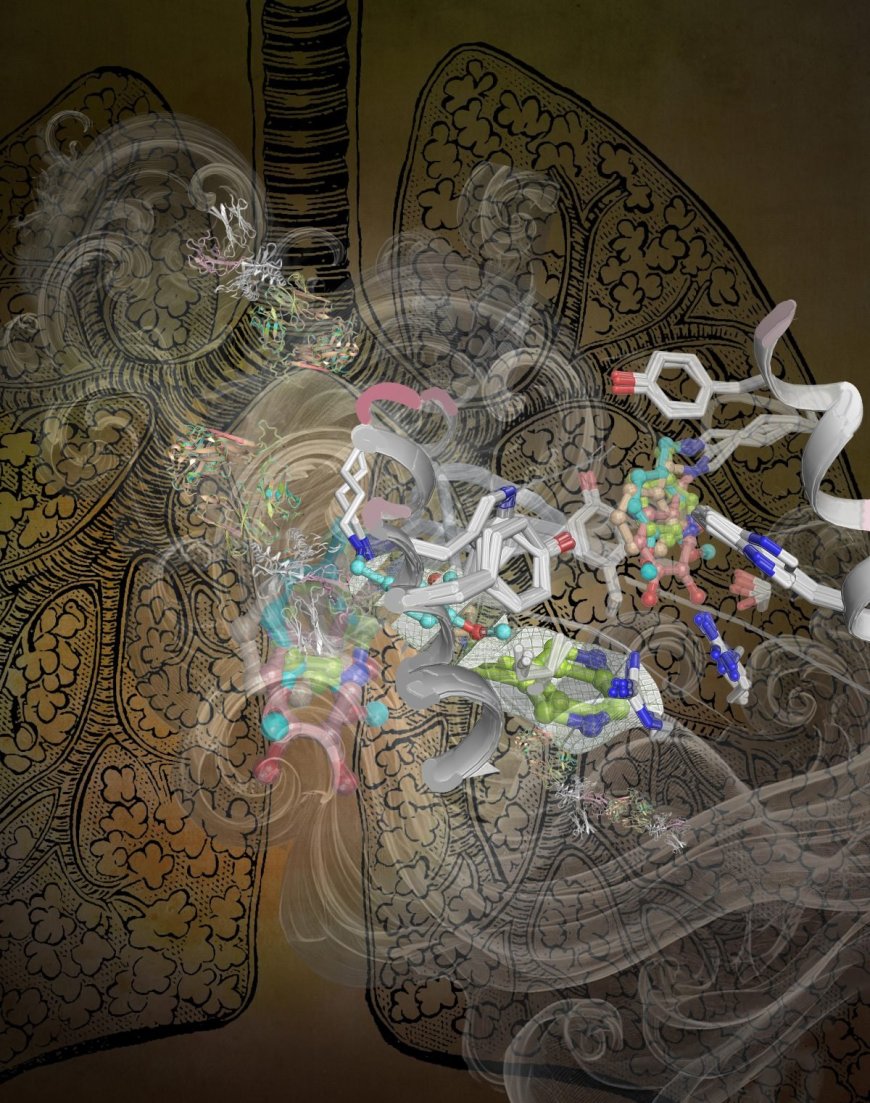Smoking and Vaping Alters Key Lung Cells, Increasing Disease Risks
Multiple chemicals in cigarette smoke and e-cigarettes alter the function of a key type of lung immune cell

Smoking and Vaping Alters Key Lung Cells, Increasing Disease Risks,Multiple chemicals in cigarette smoke and e-cigarettes alter the function of a key type of lung immune cell,
Cigarette smoking is both widespread and deadly, yet the precise mechanisms by which cigarette smoke causes serious respiratory diseases remain unclear. This gap in understanding has significantly hindered the development of effective treatments.
Australian researchers have discovered that various chemicals in cigarette smoke and e-cigarettes disrupt the function of a crucial immune cell in the lungs.Medicine, the study indicates that these disruptions increase vulnerability to respiratory infections and exacerbate smoking-related inflammatory diseases, including chronic obstructive pulmonary disease (COPD), in smokers and individuals exposed to second- and third-hand smoke.
The Impact of Cigarette Smoke on the Immune System
Cigarette smoking is known to impair the immune system’s response to infections and promote inflammation in the lungs that can lead to or exacerbate COPD, the third leading cause of death worldwide. COPD patients are more susceptible to influenza infections that can, in turn, worsen the underlying disease by increasing airway inflammation and promoting the destruction of the lung’s air sacs. There are currently no effective treatments for COPD.
MAIT cells are activated by a protein called MR1 that is found in almost every cell of the body. MR1 recognizes chemicals produced by bacteria and presents them at the surface of infected cells in order to activate MAIT cells and initiate an immune response. “While we know that smoke from cigarettes, bushfires, cooking, vehicle exhausts, and burning waste pose significant health risks, we still surprisingly know relatively little about how the specific components of smoke affect our immune system and how they impact multiple parts of the human body,” Professor Fairlie said.
“We suspected that some of the more than 20,000 chemicals present in cigarette smoke that smokers inhale might also bind to MR1 and influence the activity of MAIT cells in the lungs,” Dr Awad said.






















































